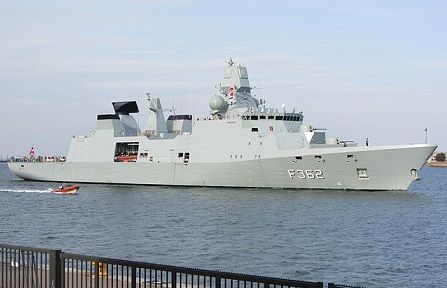Better but not good enough. That was the verdict of US ambassador Carla Sands on the recent decision taken in Parliament to increase defence spending in Denmark by 4.5 billion kroner by 2024.
According to Sands, although the defence budget in 2023 will be 1.5 percent of GDP, this is still not enough to live up to the agreement made in 2014 that Denmark should aim for 2 percent, reports Børsen.
“There’s a need for a discussion amongst Danish politicians on how they intend to attain the goals they’ve set themselves. How are we going to arrive there?” said Sands.
READ ALSO: Denmark to step up defence spending
In line with Germany
The defence minister, Claus Hjort Frederiksen, would not be drawn on the ambassador’s views, telling Børsen in a mail that the new agreement was “a good development that ought to please our allies”.
The new agreement would bring Denmark into line with countries such as Germany, in that way make it easier to resist pressure from President Donald Trump that all the NATO countries ought to spend 2 percent of their GDP on defence.
Jens is a good soldier
Sands had kinder words for the Danish army, calling the soldiers “brave and clever”. She added that their efforts in conflict zones, which few other countries involve themselves in, make Denmark “a formidable ally”.
She did express surprise at the fact that a Danish frigate she had visited was not equipped with missiles, saying: “I don’t understand how Denmark can defend itself or come to the aid of its allies – which is the whole point of NATO.”















